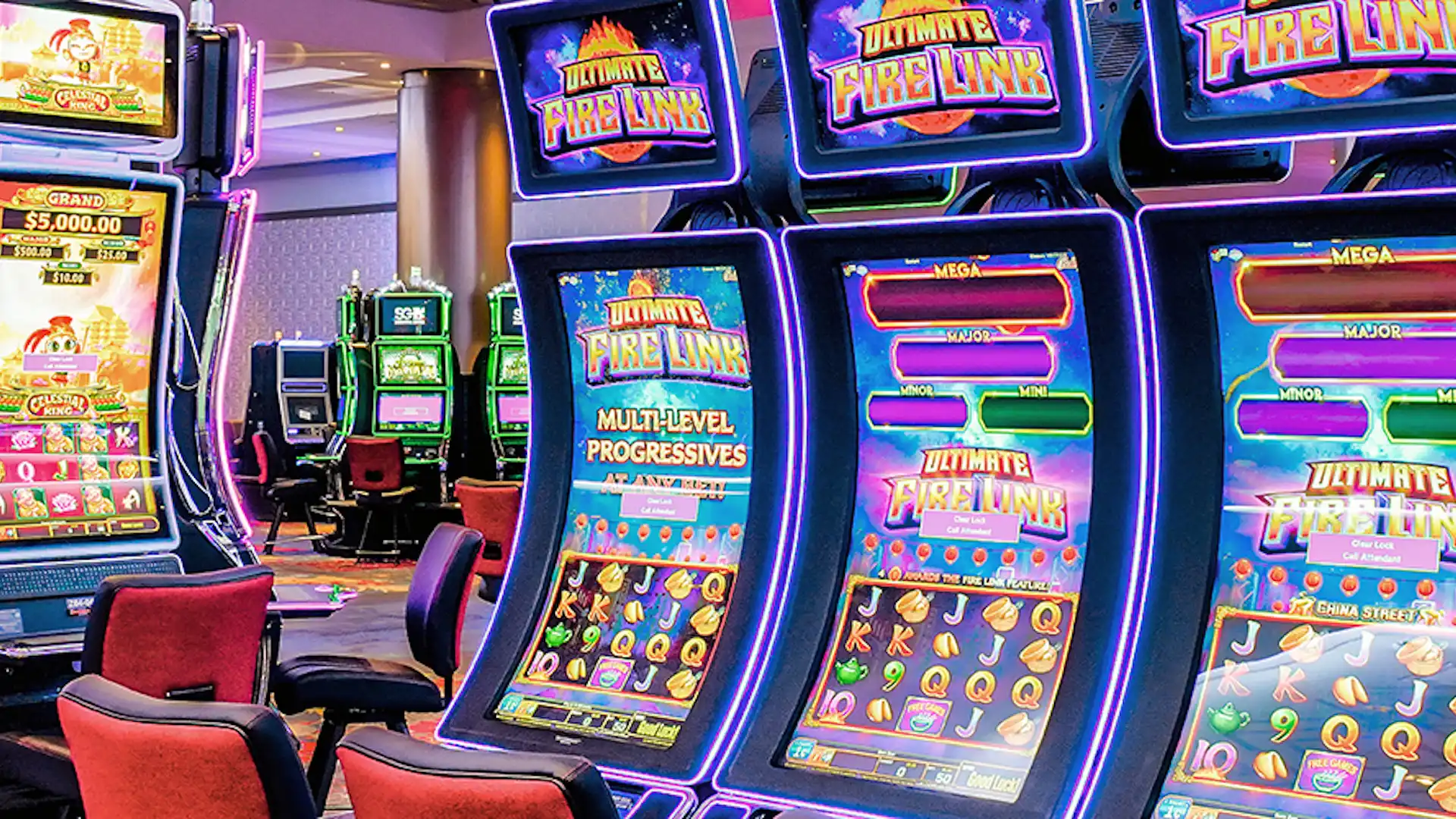
Casino games have fascinated players for centuries, drawing them into a universe of excitement, luck, and prosperity. From the blinking lights of slot machines to the tactical nature of poker tables, these games offer a distinct blend of fun and exposure. However, beneath the facade of this glamour and finesse lies a complex connection of mathematics that influences every result and choice made within the gambling establishment.
Comprehending this connection between gambling games and mathematics not only boosts the gambling experience but can also help players make wise decisions. Whether you are a casual punter or a avid follower, recognizing the numerical strategies at play can provide valuable understandings into likelihood, odds, and approaches, eventually shaping how one approaches these games of chance.
Statistical Likelihood in Betting
In the sphere of gambling games, statistical likelihood plays a critical role in assessing results and informing player choices. Every game has a specific set of rules and a specific likelihood framework that shapes its mechanics. For instance, in games like the roulette wheel, players must comprehend the odds of choosing a specific digit or shade. The likelihood of specific occurrences occurring can be calculated, and this knowledge can substantially affect wagering tactics.
Gambers also need to be cognizant of the casino edge, which is the mathematical advantage that gambling establishments hold over gamblers in the long term. nhà cái da88 This advantage differs across different games. In blackjack, skilled players can use strategies to reduce the casino edge to as little as one percent, while in games like slot machines, the casino advantage can be much higher. Understanding the house advantage allows players to make wise choices about which activities to participate in and the amount to wager.
Furthermore, likelihood is fundamental in the principle of risk versus reward in betting. Each bet carries a specific risk level, and players must consider the possible return against that danger. Games like the poker game require players to not only compute the chances of their personal hand winning but also to evaluate the likelihoods of their rivals’ showings. By applying mathematical principles to their gameplay, gamblers can improve their odds of success and engage more strategically in the exciting realm of gambling games.
Expected Value in Casino Games
When talking about casino activities, one of the fundamental concepts rooted in math is the expected value. This numerical metric helps players understand the possible results of their wagers over time. In simple terms, expected value (EV) calculates the average amount a gambler can anticipate to win or lose per wager if they were to play the activity repeatedly. Each activity has its own EV, affected by the odds and the house edge, which indicates the benefit that the gambling establishment holds.
For example, consider a game like the roulette game. The anticipated value can be calculated based on the specific bet placed. If a player bets on a single number, the return is 35 to 1, but the actual chances of success that bet are 1 in 37 (in Euro roulette). This leads in a detrimental expected value, indicating that, on the whole, players will lose money over time when playing this kind of wager. Grasping this concept allows gamblers to make more informed choices about which activities and wagers may be less advantageous.
Moreover, the exploration of expected worth can lead to better bankroll management. Players who comprehend the math behind their games are often able to set realistic goals. By recognizing their potential losses and profits, they can adjust their gambling strategies accordingly, which may improve their overall gaming experience overall. As a result, expected value serves as a critical resource for both beginner and seasoned gamblers to steer through the frequently volatile character of casino activities.
Tactics and Probabilities: The Math Behind Winning
In gambling games, comprehending the probabilities is crucial for participants attempting to maximize their opportunities of winning. Each activity has its own distinct set of chances that determine successful results, and these numbers are often found in the gaming rules or payout schedules. For case, in games like 21, participants can improve their odds through methods such as counting cards, which relies on math principles to gain an upper hand over the establishment. By educating themselves with the odds, players can make more educated choices on when to bet and when to fold.
Furthermore, the principle of expected outcome plays a significant function in gaming tactics. Average outcome assesses the average outcome of a wager over the long run, allowing players to judge whether a particular stake is valuable taking. For instance, fruit machines have a set payout percentage, which can suggest the average profit a player can expect on their wagers. By choosing games with better payout percentages, gamblers can reduce the casino edge, boosting their future winnings in the over time.
Finally, successful gamblers often adopt a blend of chance and math strategy to enhance their gaming experience. While chance is unpredictable, managing a staking plan based on mathematical insights can lead to more advantageous situations. By employing techniques such as money management and picking games, gamblers can leverage mathematics to handle the random nature of gaming, making the most of their efforts and investments at the gaming tables.